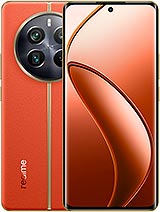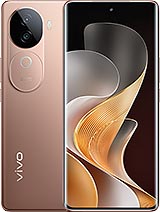Honor X9c alternatives
Tap above to see alternatives.
Lava Agni 3 alternatives
Tap above to see alternatives.
Lava Agni 3

Lava Agni 3
-
Dimensity 7300
4 nm
-
5000 mAh
66W
-
6.78"
1200 x 2652 pixels
-
50 MP
4K@30fps
-
Specs

4x2.2 GHz Cortex-A78
4x1.8 GHz Cortex-A55
4x2.5 GHz Cortex-A78
4x2.0 GHz Cortex-A55
8GB 256GB (UFS 3.1)
f/1.8, (wide), 1/1.67", PDAF, OIS
5 MP
f/2.2, (ultrawide)
(wide), 1/1.55", 1.0µm, PDAF, OIS
8 MP
(telephoto), 1.0µm, PDAF, 3x optical zoom
8 MP
112˚ (ultrawide)
1080p@30fps
1080p@30fps
f/2.5, (wide)
f/2.0, (wide), 1.0µm
SIM1: Nano, SIM2: Nano
SIM1: Nano, SIM2: Nano
2 5G bands
n3, n40
14 5G bands
n1, n2, n3, n5, n7, n8, n20, n28, n38, n40, n41, n66, n77, n78
In this performance comparison, the Lava Agni 3 with its Mediatek Dimensity 7300 (4nm) performs better than the Honor X9c with the Qualcomm Snapdragon 6 Gen 1 (4nm), thanks to superior chipset efficiency.
Lava Agni 3 launched with Android 14 and will receive updates, while Honor X9c has no confirmed OS update information. Lava Agni 3 receives 4 years of security updates, while Honor X9c does not have confirmed info.
Both Honor X9c and Lava Agni 3 feature AMOLED displays, offering vibrant colors and deeper blacks. Both smartphones offer the same 120 Hz refresh rate. Honor X9c also boasts a brighter screen with 4000 nits of peak brightness, enhancing outdoor visibility. Notably, Honor X9c offers a higher screen resolution, resulting in sharper visuals and more detailed content.
Honor X9c comes with a larger 6600 mAh battery, which may offer longer usage on a single charge. Both devices support the same wired charging speed of 66W.
Honor X9c offers better protection against water and dust with an IP65M rating.
¹ Scores can vary even with the same chipset due to RAM, thermals, and software optimization.











